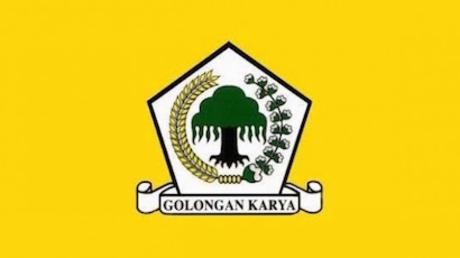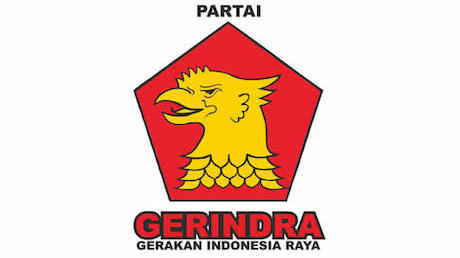You can access a complete version of PDI-P's election policies here.
The Indonesian Democratic Party of Struggle – or PDI-P – rallies voters under the slogan “Indonesia Hebat” - “The Great Indonesia” – capitalizing on national pride. It’s struck a chord, with the party gaining the largest vote in the national ballot earlier this month – 18.9 per cent, according to preliminary results.
The party campaigns strongly on Indonesia’s prospects as a leader in the region and in the global context. Its key promises include:
- Optimizing Indonesia’s potential to become a key player in ASEAN single-market era in 2015; a substantial player in the global market by 2020; and on track for recognition as an independent, just and prosperous nation by 2030.
- Empowering visionary leaders, arguing that “The Great Indonesia” needs great future leaders, those who follow the aspirations of the founding father, Sukarno, to build a mighty nation.
- Defending the United Republic of Indonesia. PDI-P resists the notion of federalism, arguing that the Republic epitomises the vision of the founding father, Sukarno, and that it represents the final and perfect form for the nation.
The PDI-P manifesto promotes the state ideology Pancasila (the five principles that define the Indonesian nation, embodied in the 1945 Constitution: belief in one God; just and civilized humanity; Indonesian unity; democracy under the wise guidance of representative consultations; and social justice for all the peoples of Indonesia) as the sole foundation for a prosperous and just Indonesia. It pledges to:
- Organise, support and enforce citizens’ power to build Pancasila society
- Work for the people’s interest in advancing economic, social and cultural sectors
- Build and to maintain the party’s dialogue with the people
- Encourage citizens’ involvement in political process
- Provide public welfare
- Enhance the nation’s character
- Build a clean and effective government
- Achieve gender equality in all realms, including in public sector and government structures.




